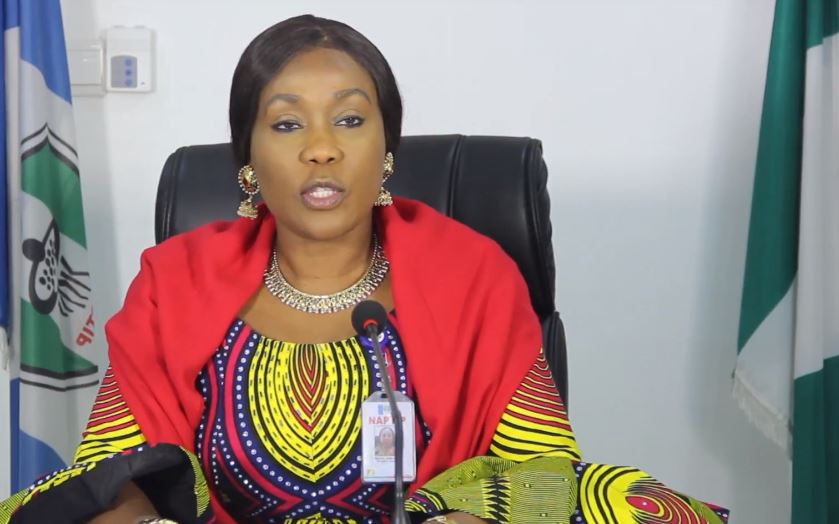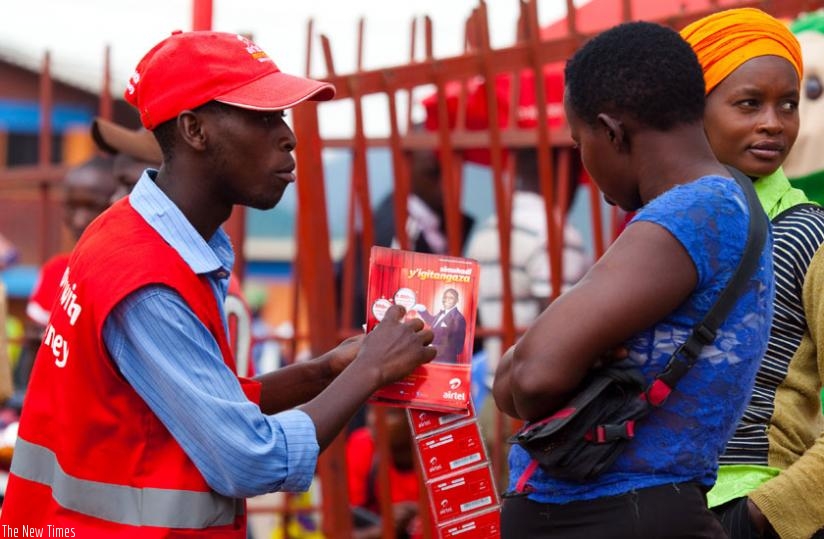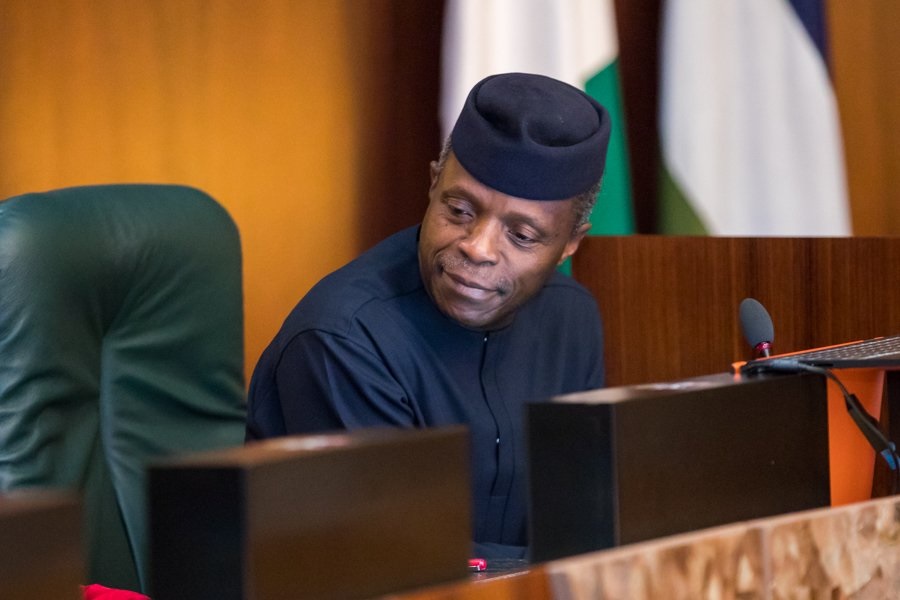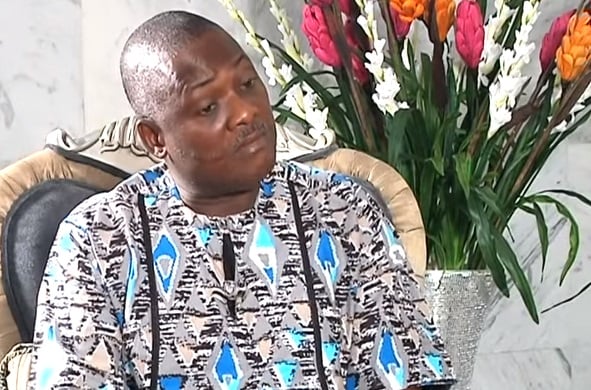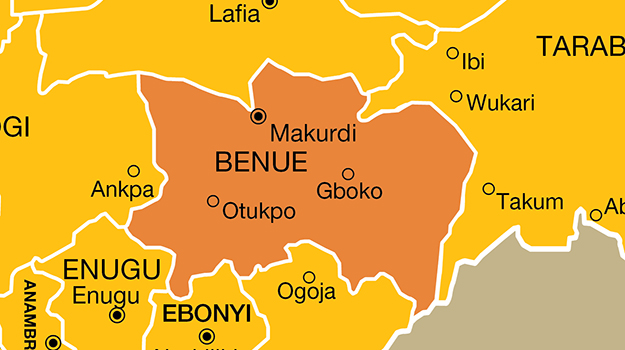Julie Okah-Donli, director general of the National Agency for the Prohibition of Trafficking in Persons (NAPTIP), says human trafficking is the most financially buoyant business in the international sphere.
Okah- Donli says she believes that the crime fetches more money that drug peddling and money laundering.
Speaking in a documentary by The Osasu Show, Okah-Donli said the vice has been on an upsurge in Nigeria.
According to the documentary, over 18,000 people were trafficked in 2014 across 85 countries.
Advertisement
Women and girls are said to account for 70 percent of this statistics.
In 2004, 13% of those trafficked were men and boys, and by 2014, the figure rose to 21%. They were mainly trafficked for forced labour, while women and girls are sold as sex slaves or forced into marriage.
“Our objective in NAPTIP is to prevent human trafficking from occurring and protect victims of human trafficking, and prosecuting the offenders,” Okah-Donli said.
Advertisement
“Human trafficking has become big business not just internationally but also locally. Internationally, it is claimed that it is $150bn a year and I believe that it is more than that.
“It is claimed that it is the third largest after arms smuggling and money laundering, but I believe that it is the first.
“It has taken a horrible dimension because now we also have elements of organ harvesting , where organs are sold in the open black market where people are killed for their organs.
“This crime involves the high and the mighty, and our desire is to fish them out.”
Advertisement
She said the agency has convicted over 300 people in trafficking-related cases.
She also said the agency has embarked on an awareness programme to sensitise especially people at the grass root on the many dimensions of human trafficking and how prevent, recognise, and report it to relevant agencies.
According to her, ignorance, not poverty, is the main factor that leads people to fall victim of the social vice.
She added that the NAPTIP has provisions for rehabilitation and empowerment of victims of human trafficking before they are reintegrated back into the community, while urging the public to report suspected cases to the agency.
Advertisement
“NAPTIP was not doing bad before I joined in the sense that they already had 330 convictions at the time,” she said.
“I joined them and we had a strategic meeting on how to get things done in a better and speedier way.
Advertisement
“The whistle-blowing policy was also approved and that has helped us get a lot of information. These days, we have so many people calling and sending messages.
“That’s a very good thing because we need intelligence and information to work. We have convicted a lot and that gives me joy. We have started a massive awareness campaign because my strategy is prevention. Prevention is always the best.
Advertisement
“We are just awaiting the final approval from the national education commission to infuse trafficking in persons in the primary and secondary school curriculum.
“Ignorance constitute a major factor of what has been happening recently. It is not so much of a factor of poverty but just sheer ignorance. And that is why we have decided to take this awareness to those rural communities.
Advertisement
“We need to imbibe the culture of talking. Know your environment very well and report when something is not going out well. If you see something, say something.”
Add a comment

